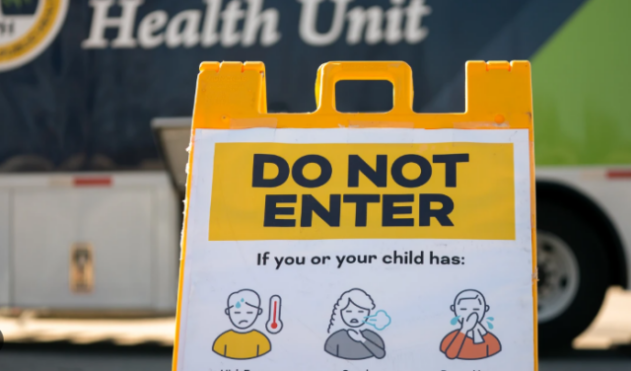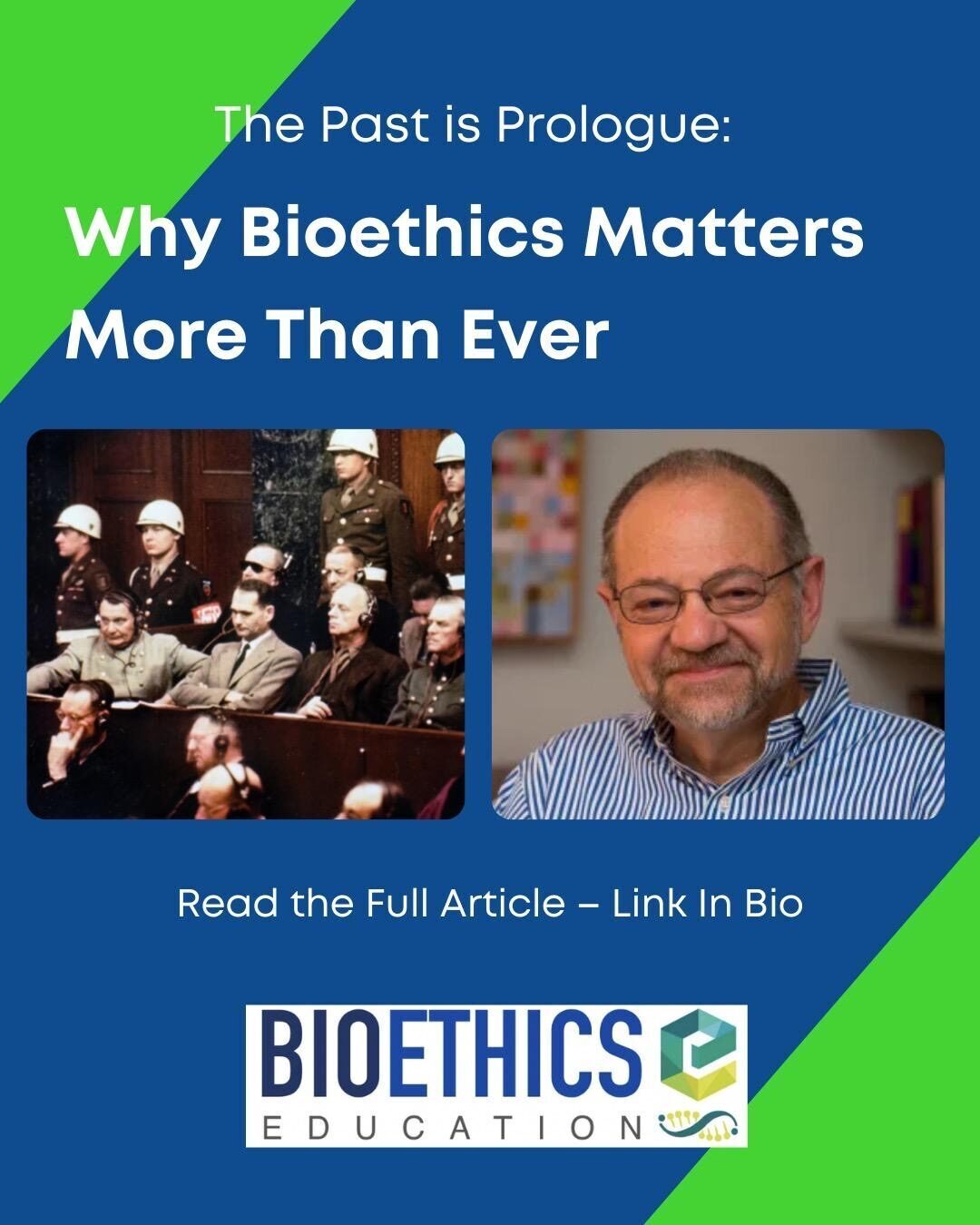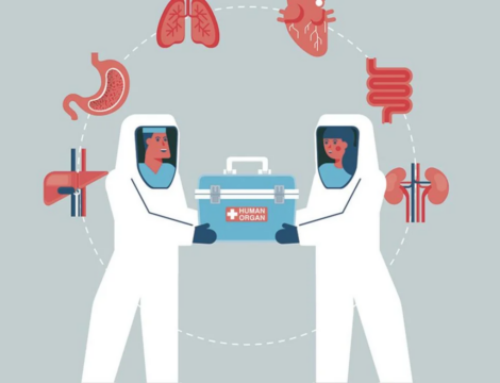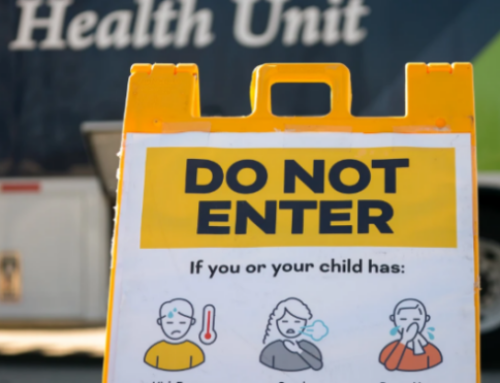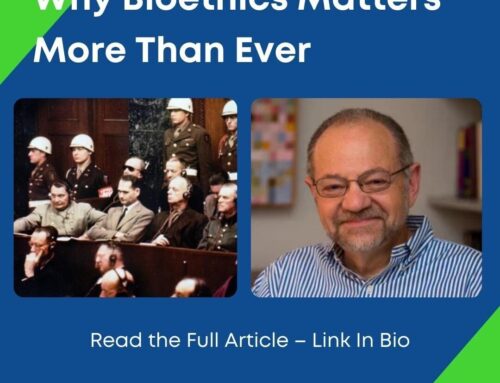Biotechnology is rapidly reshaping warfare, the economy, and human evolution. The US-China rivalry fuels these advances, with China pursuing military-civil fusion and the US striving to maintain dominance. Gene-editing tools like CRISPR pose unprecedented ethical and security risks that range from “super-soldiers” to novel biological weapons. Scientists and policymakers face a “humanness-survival dilemma” that increasingly compels them to weigh human nature against existential threats. Powerful states, private companies, and gaps in global governance make control difficult. A biotechnology accelerates, it challenges morality, security, and the very essence of what it means to be human. How should we confront these challenges?
Other Posts
Ensuring compliance with the Biological Weapons Convention (BWC) has long posed verification challenges due to the absence of a formal monitoring mechanism. An article in National Defense Magazine discusses how artificial intelligence (AI) could assist [...]
A woman in the United Kingdom has become the first in the country to give birth after undergoing a womb transplant from a deceased donor, marking a significant development in reproductive medicine. Unlike most organ [...]
At Mission Hospital, in Asheville, North Carolina, two seven-year-old boys were admitted with a case of measles. However, the cases were not diagnosed right away, and exposed hospital staff and patients to the virus. This [...]
Bioethics is crucial today because it's rooted in the harsh lessons of history, particularly the atrocities committed during World War II, like the Nazi human experiments. The Nuremberg Code was established as a response, emphasizing [...]
There are a growing number of middle class Americans that are selling their plasma, as financial strain threatens their ability to cover basic expenses. Companies frame giving plasma as an altruistic donation, with the compensation [...]
Recent legislation in New York has allowed patients to take lethal medication under conditions, joining 13 other US states with similar policies. After nearly a decade of considering this policy, the final legislation passed attempts [...]




